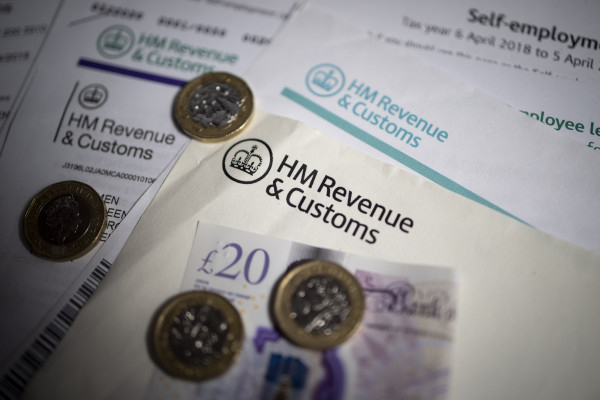- HMRC will automatically correct the tax position at the end of the tax year as part of the normal PAYE process by sending a P800 tax calculation and refunding the overpayment. If too much tax has been paid and a P800 tax calculation has not been received, then the member can complete a self-assessment or contact HMRC direct for a reclaim.
- An in-year claim can be made using the appropriate form.
Provided the form is correctly completed, HMRC should repay the tax within 30 days.
Planning points
If members are taking a one-off pension payment it is important they are aware of how the tax works to avoid nasty surprises, especially if they are withdrawing funds for a specific purpose that is time sensitive.
It is also likely that the first instalment of regular payments may be overtaxed (unless monthly income starts in April). This is less of an issue as it should get corrected throughout the year, but the first payment may still be less than the member would be expecting.
The future
The issue of over taxation has been raised with HMRC on many occasions, both by the industry and the Office of Tax Simplification.
One argument HMRC has used to keep over taxing is that it is better for those on low income to be overtaxed initially, so they do not have a tax bill later once the money is spent.
However, where the member has told their scheme administrator that they are only taking one payment in the tax year it seems very inefficient for everyone involved to deduct tax at a rate that will never be correct.
The current system is something of a one-size-fits-all approach, which in fact seems to be pretty inconvenient for almost everyone.

It would surely it be favourable for those few to be taxed incorrectly, rather than the thousands we have now.
What we would like to see implemented instead is a more pragmatic approach.
This would mean that when the member has made it clear they only intend to take a one-off payment in the tax year, scheme administrators are then allowed to use a month 12 basis, effectively giving the whole personal allowance for the payment, and then full bands after that.
Yes, there is a risk that if the member changed their mind, or their circumstances changed, and they needed to take a subsequent payment in the year then they would face higher tax charges relating to these, but warnings could be given when the first payment was made, and these cases would be the exception.











